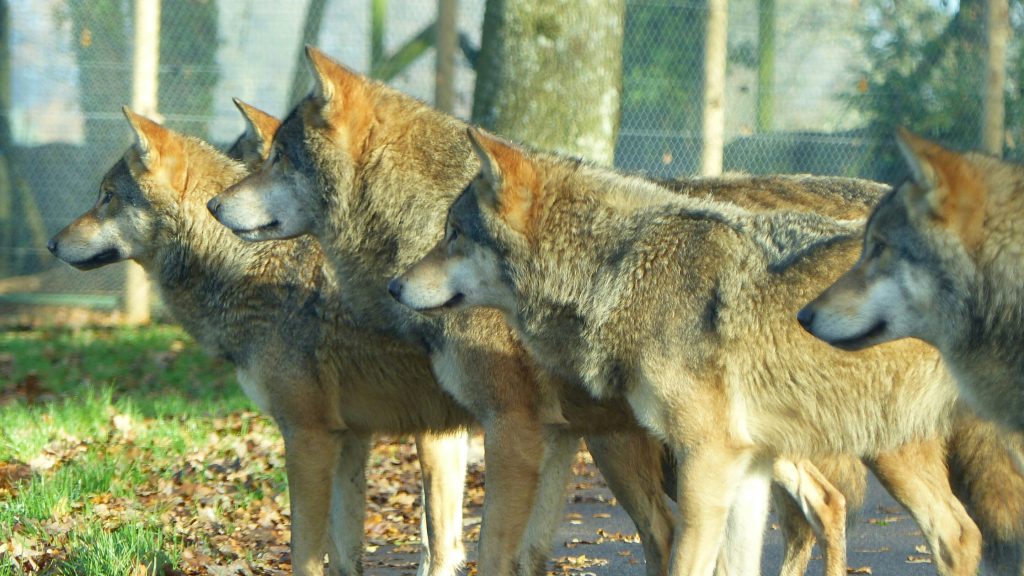Intro:
In this heartwarming examination of the struggle for wildlife conservation in North Korea, we uncover the balance between human survival and environmental protection. This engaging story sheds light on the human stories intertwined with wildlife, revealing a complex tapestry of necessity and hope.
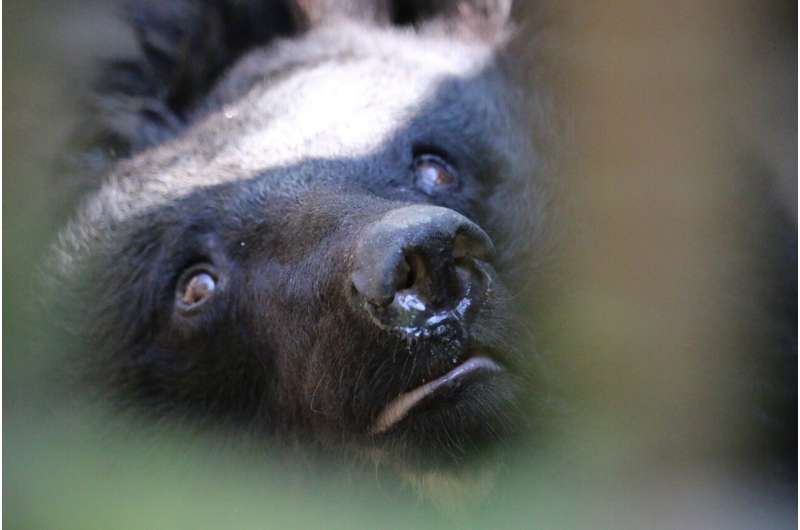
A recent study from UCL researchers highlights an alarming reality in North Korea: illegal wildlife trade is not only rampant but also involved in state practices. This trade targets numerous endangered species and complicates the country’s delicate ecosystem recovery efforts, underscoring a cultural and economic dilemma.
Though North Korea has laws designed to protect wildlife, those regulations often go unheeded. Researchers found that hunting and trapping for local consumption and international black market profits focus on animals like the Asiatic black bear and long-tailed goral, revealing a troubling disconnect between regulations and real-world practices.
The findings stem from in-depth interviews with North Korean defectors, including former hunters and wildlife traders. Conducted between 2021 and 2022, this study represents the first thorough analysis of the nation’s complex wildlife dynamics and was a collaborative effort involving experts from various institutions, including the ZSL’s Institute of Zoology.
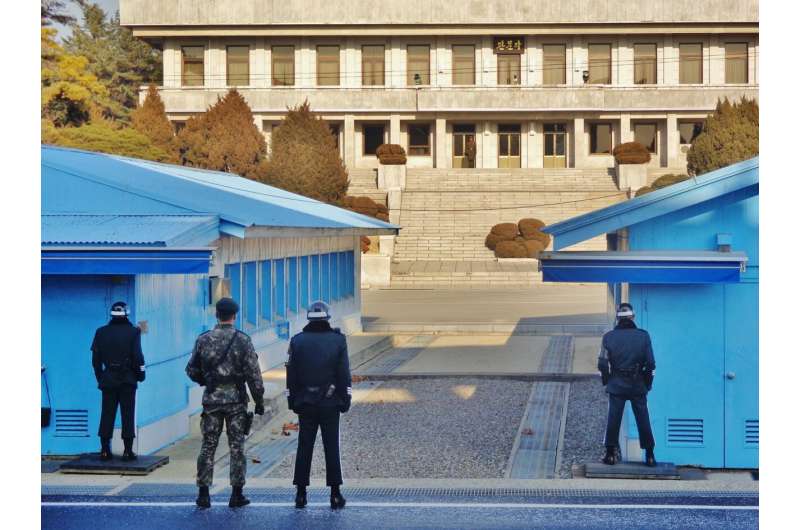
To face these challenges, researchers advocate for the North Korean government’s adherence to its own wildlife protection laws while urging China, a major market for these illicit products, to reduce demand. The call for action emphasizes diplomatic pressure on the North Korean state—significant in altering these destructive practices.
Lead author Dr. Joshua Elves-Powell emphasizes how the economic struggles faced by North Koreans are the driving force behind this wildlife trade. With basic goods like food and medicine often scarce, animal products become a lifeline for many.
After the collapse of North Korea’s economy in the 1990s, many turned to wildlife for survival, leading to a flourishing informal economy. Even as conditions improve, the study reveals this detrimental trade continues unabated. Dr. Elves-Powell explains that local hunters often engage in both state-sanctioned and black market trades, complicating efforts at regulation.
-
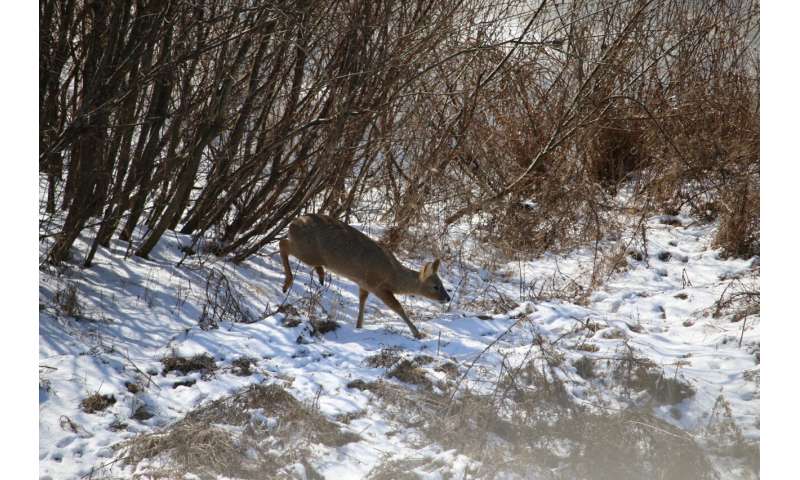
The Korean Peninsula is home to a globally important population of water deer. Deer were one of the animals most often reported to have been eaten as wild meat in North Korea. Credit: Dr. Joshua Elves-Powell
-
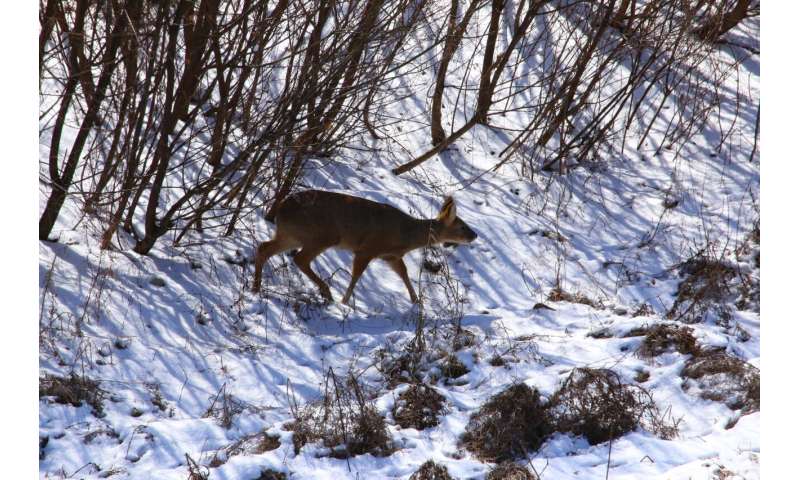
The Korean Peninsula is home to a globally important population of water deer. Deer were one of the animals most often reported to have been eaten as wild meat in North Korea. Credit: Dr. Joshua Elves-Powell
Impacts on Biodiversity
The research reveals the extensive impact of wildlife harvesting on North Korea’s biodiversity, alarming in its scope. Nearly every native mammal weighing more than half a kilogram has faced some degree of hunting pressure.
One particularly tragic case is the sable, a marten species once abundant, now believed to be functionally extinct in the country due to over-exploitation. Other species like the Amur tiger and Amur leopard similarly face dire threats, while deer populations appear to be severely diminished.
Researchers warn that without urgent action, these trends may jeopardize not just North Korea’s wildlife but also hinder broader regional recovery efforts, especially as native species seek connections across borders.
Although Amur tigers are beginning to recover near the border with China, their safety is threatened when they venture into North Korea. This situation highlights the potential for North Korea to obstruct wildlife migration, thereby impacting numerous species.
More information:
Unsustainable and illegal wildlife trade during periods of extreme hardship threatens biodiversity in North Korea, Biological Conservation (2025). DOI: 10.1016/j.biocon.2025.111102
If you would like to see similar science posts like this, click here & share this article with your friends!


